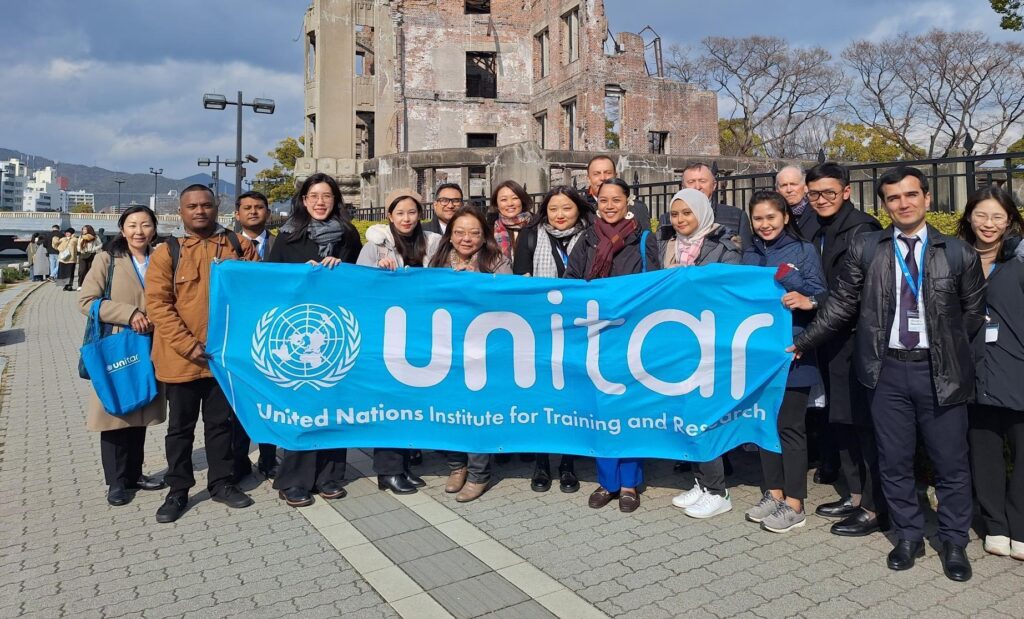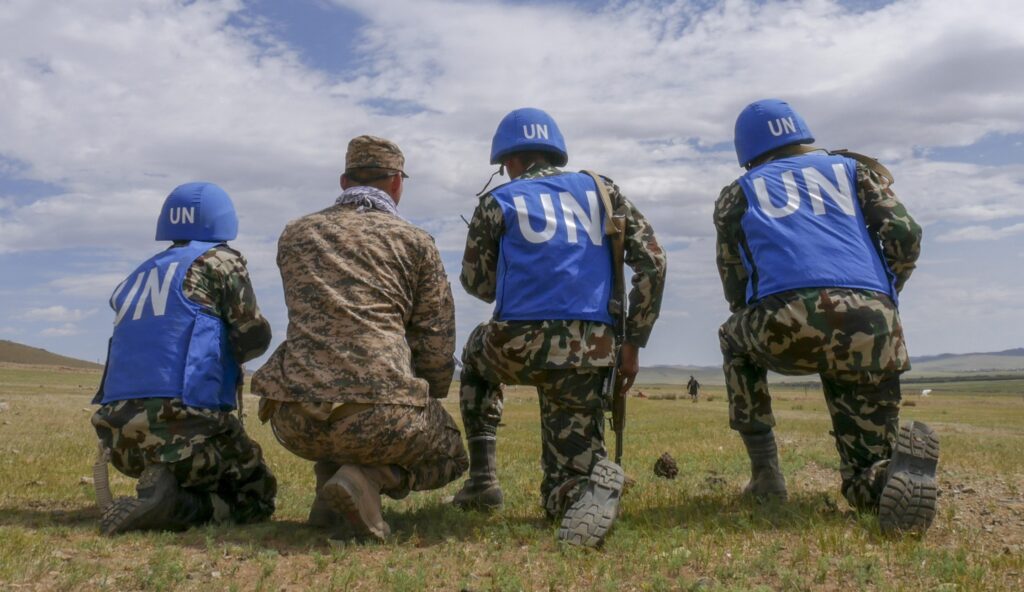Q: What is the status of Palestine at the UN currently?
A: The State of Palestine is a non-member observer state at the United Nations, a designation that was conferred by the UN General Assembly in November 2012 by a vote of 138 in favor to 9 against, with 41 abstentions. As an observer state, Palestinians can participate in General Assembly sessions, observe the UN’s operations, and maintain a mission at UN Headquarters.
There are two primary forms of engagement at the UN: member state status and observer status. The main distinction between member states and observer states is that the latter cannot vote on General Assembly resolutions. Voting rights are strictly granted to member states. This is basically akin to the difference between U.S. Congressional Delegates and full Congressional Representatives. Delegates have some of the same powers as Representatives, but they have no right to take part in the floor votes in which the full House actually decides whether the proposal is carried.
Q: How does one become a full UN Member State?
The recognition of a new State or Government is an act that only other States and Governments may grant or withhold. The United Nations is neither a State nor a Government, and therefore does not possess any authority to recognize either a State or a Government. As an organization of independent States, it may admit a new State to its membership or accept the credentials of the representatives of a new Government.
The procedure is briefly as follows:
The State submits an application to the Secretary-General and a letter formally stating that it accepts the obligations under the UN Charter.
The Security Council considers the application. Any recommendation for admission must receive the affirmative votes of 9 of the 15 members of the Council, provided that none of its five permanent members — China, France, the Russian Federation, the United Kingdom of Great Britain and Northern Ireland and the United States of America — have voted against the application.
If the Council recommends admission, the recommendation is presented to the General Assembly for consideration. A two-thirds majority vote is necessary in the Assembly for admission of a new State. Membership becomes effective the date the resolution for admission is adopted.
Q: Will the UN act on Palestinians’ request for member state status?
A: The Security Council already blocked the Palestinians’ request on April 18. That action triggered the current General Assembly debate.
The General Assembly could vote as early as Friday, May 10 on a non-binding draft resolution that would assert that Palestine is qualified to become a UN member state. However, full membership can only be granted with the approval of the Security Council and then by a two-thirds vote of the General Assembly. Therefore, the upcoming General Assembly resolution would only recommend that the Security Council reconsider Palestinian membership, after it was most recently vetoed by the U.S. last month.
Representing the interests of 193 countries, the General Assembly (GA) vote would serve as a non-binding survey of global support for Palestinian full membership. The vote, however, would not have the power to grant full membership. Again, no matter what privileges the GA confers on Palestine as an observer, it cannot elevate a non-voting observer entity to the same standing as a voting member state. The Security Council must act.
Q: Some have claimed that if the UNGA draft resolution is approved, the vote would trigger the 1990 Foreign Relations Authorization Act that requires the U.S. to automatically defund the UN. Is that accurate?
A: No. Regardless of the outcome of Friday’s potential General Assembly vote, the resolution would not trigger U.S. defunding of the UN.
The 1990 statute is explicit about the threshold for U.S. defunding of the UN. (The 1994 statute
is also clear). It states that the U.S. cannot fund any international organization (including the UN) that “accords the Palestine Liberation Organization the same standing as member states.” This rule also applies to any agency within the UN system.
While the final resolution language is still being negotiated, what is certain is that the GA resolution cannot and will not grant UN membership to Palestine because the GA lacks the sole authority to take this step, which requires the full consent of the permanent members of the Security Council (no vetoes), nine affirmative Council member votes, and a two-thirds majority vote in the GA.
Q: If the General Assembly votes to recommend Palestinian membership, what happens next?
A: If the General Assembly votes to recommend Palestinian membership, a 15-person Security Council committee will assess the application to determine Palestine’s eligibility for full membership. The committee can then decide to shelve the application or move it to the Security Council for an official vote on the measure.
As noted, Security Council approval would require 9 votes in favor and no vetoes from the five permanent members: the U.S., China, Russia, France, and the UK. The U.S. would very likely veto the resolution, as it already did in mid-April, and thereby end consideration of the matter.
Q: Has the U.N. previously considered Palestinian membership? If so, what happened?
A: Yes.
The Palestinians previously submitted an application for full membership in 2011. The application was submitted to a 15-person Security Council committee where it was assessed for several weeks to determine its eligibility. Ultimately, the committee was unable to reach a unanimous decision on Palestine’s eligibility for membership.
The application was shelved until Palestinian UN envoy Riyad Mansour requested the UN to reconsider the application on April 2, 2024.




